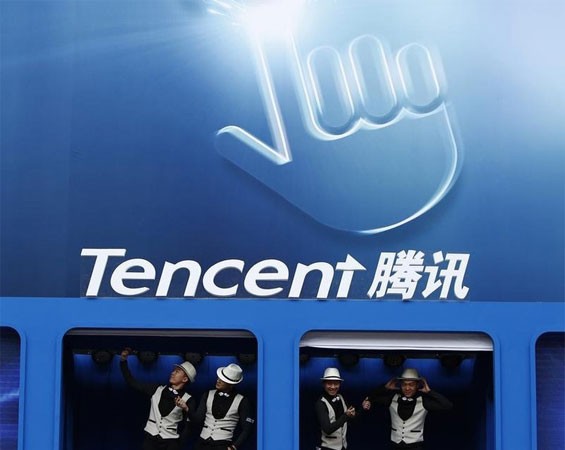The China Banking Regulatory Commission (CBRC) has given the green light to Tencent Holdings Limited to set up its private banking business in the country.
The approval from China's top banking regulator came Friday, Dec. 12, allowing the country's largest Internet firm by market value to start its own private bank.
Analysts noted that this move will help the country's slacking small business sector by having these new banks issue funds for growing businesses.
WeBank, co-established by Tencent with Shenzhen Baiyeyuan Investment Co. and Shenzhen Liye Group, is the first among five rostered banks to get the approval.
WeBank, which is reported to start operating on Dec. 28., has a financial backbone worth 3 billion yuan ($490 million) and covers personal, corporate and international banking.
Xu Hongcai, director of the Department of Information under the China Center for International Economic Exchanges, has confirmed that Tencent's bank will be serving owners of small and medium-sized businesses with "innovative financial products" based on WeChat.
According to experts, Tencent's social networking app which has a userbase of 468 million will be beneficial for processing online payments.
By setting up branches, WeBank will improve the way of accepting money deposits and will provide easier means of obtaining loans for SME owners.
Allowing companies to set up private banks is in line with China's reform in promoting the "process of opening China's banking sector to private capital."
The Legislative Affairs Office of China's State Council issued a 23-article draft regulation on Nov. 30 that outlines bankruptcy mechanism for banks, security of private deposits and other banking rules. The draft has been opened for public opinion.
Guo Tianyong, a finance professor at the Central University of Finance and Economics, told the Global Times on Sunday that other reforms for the development of private banks will also be enacted in 2015.



























